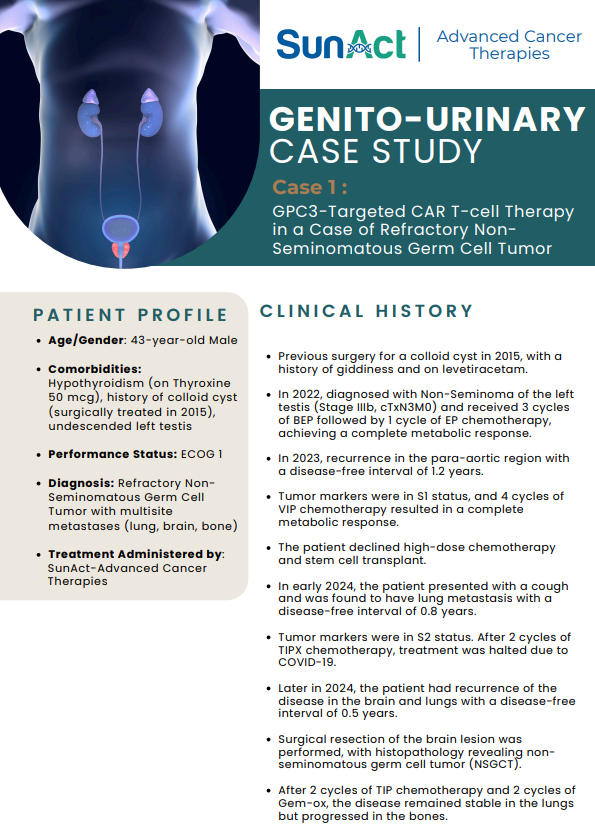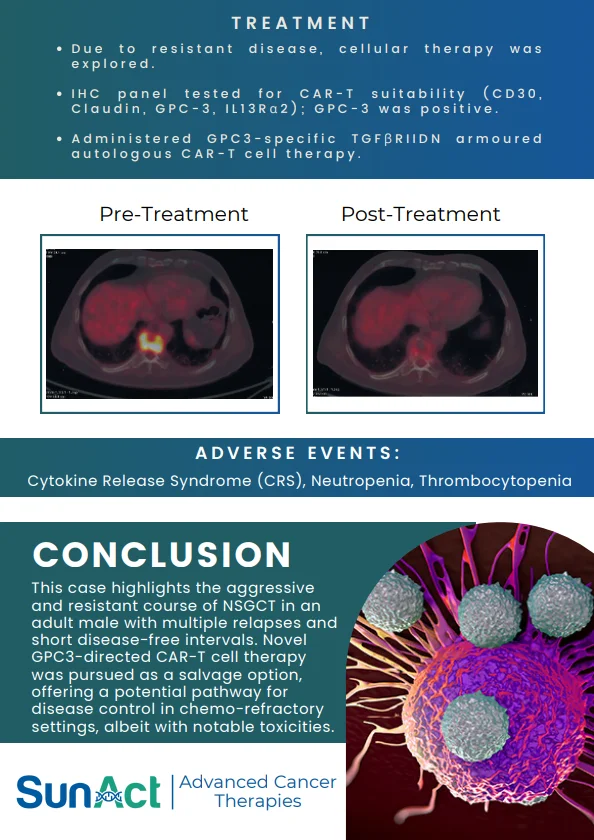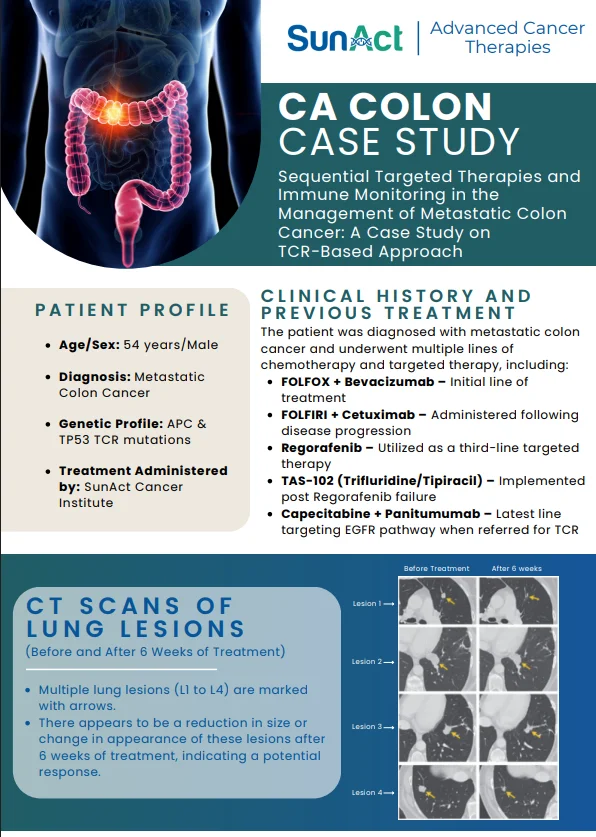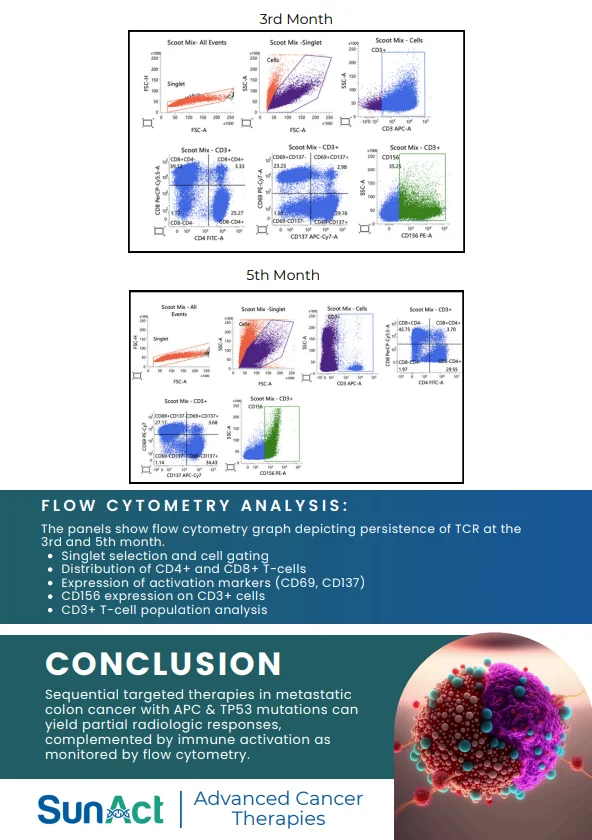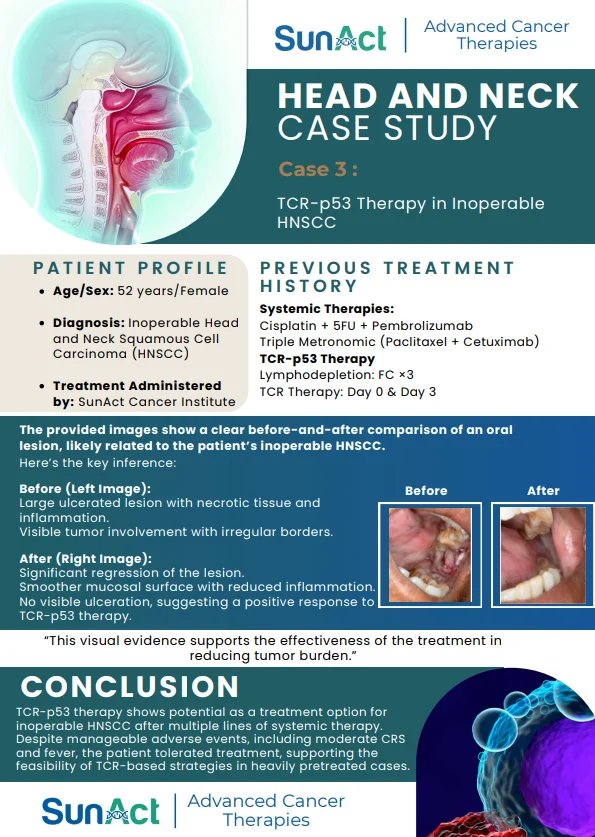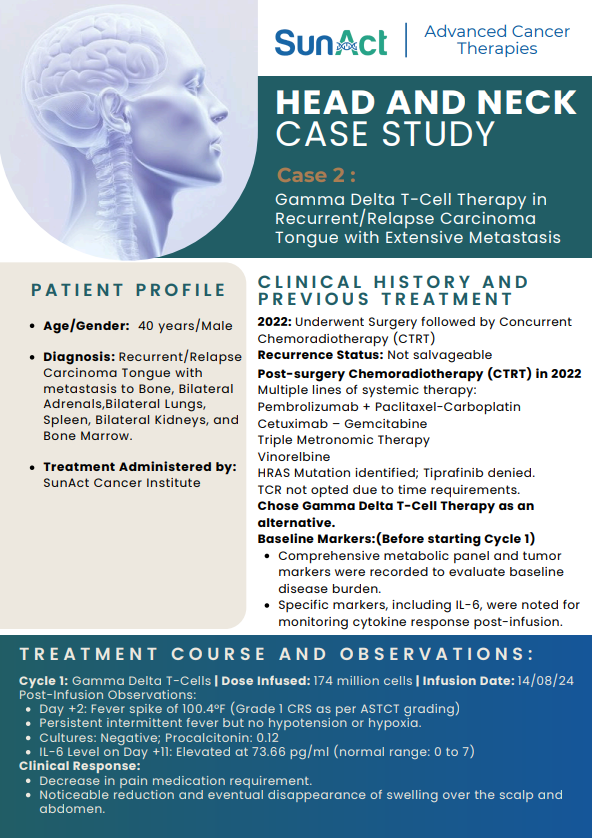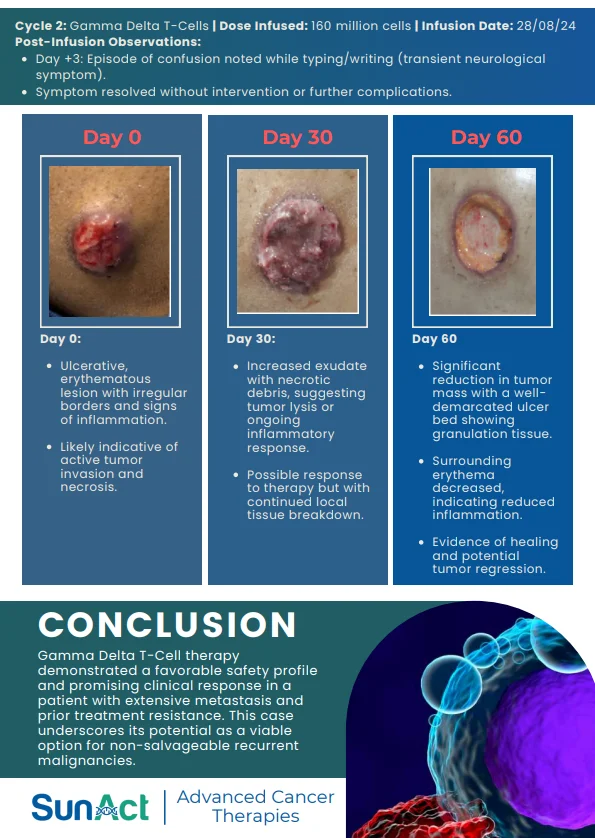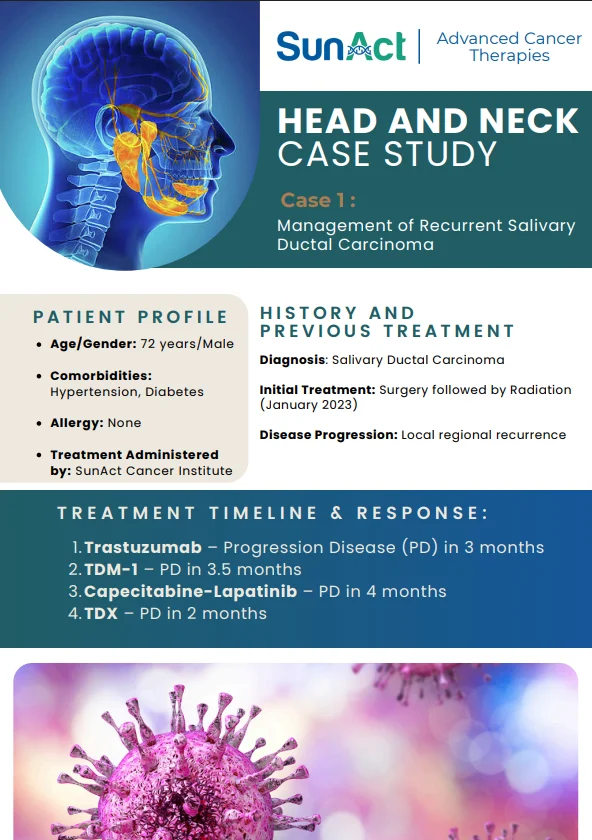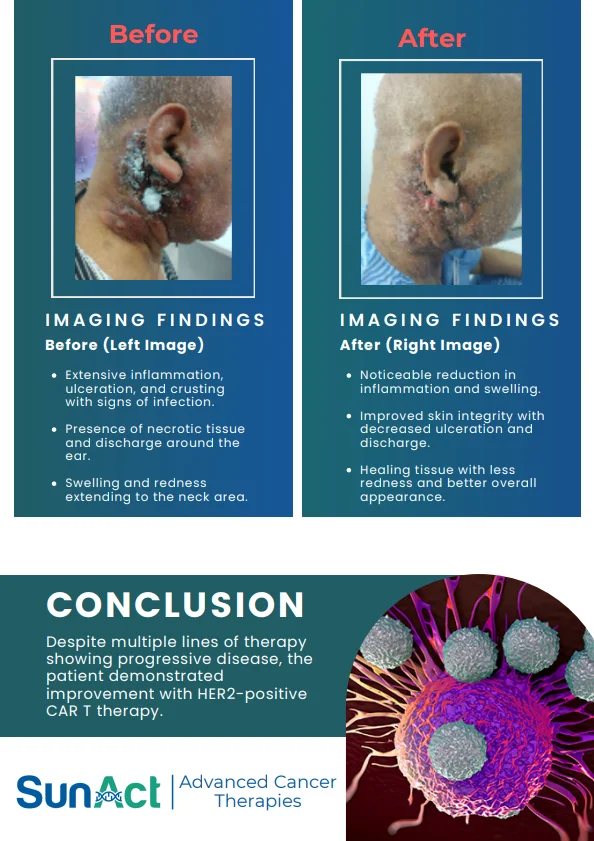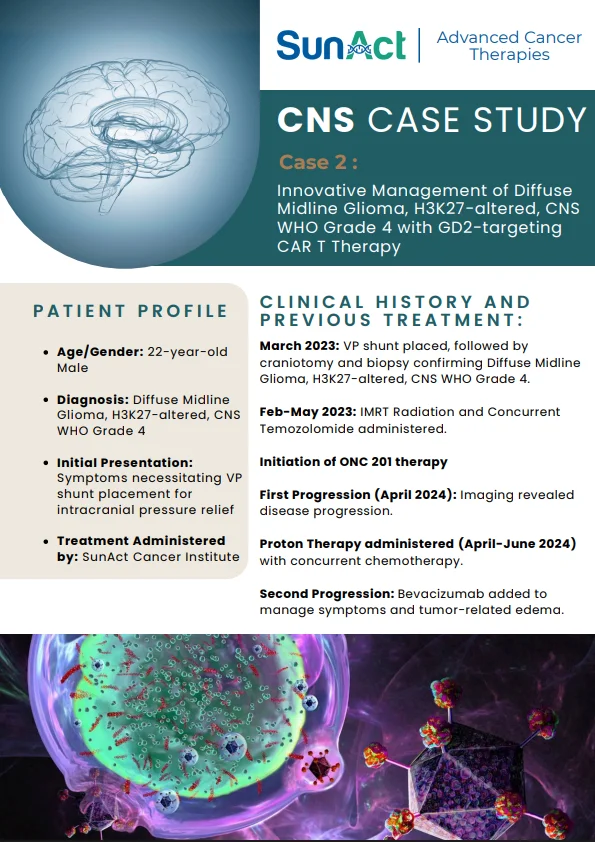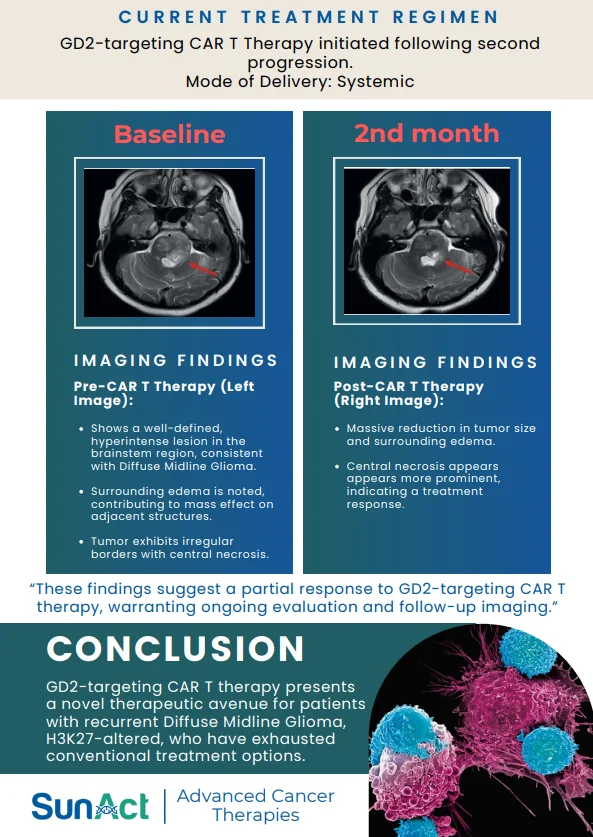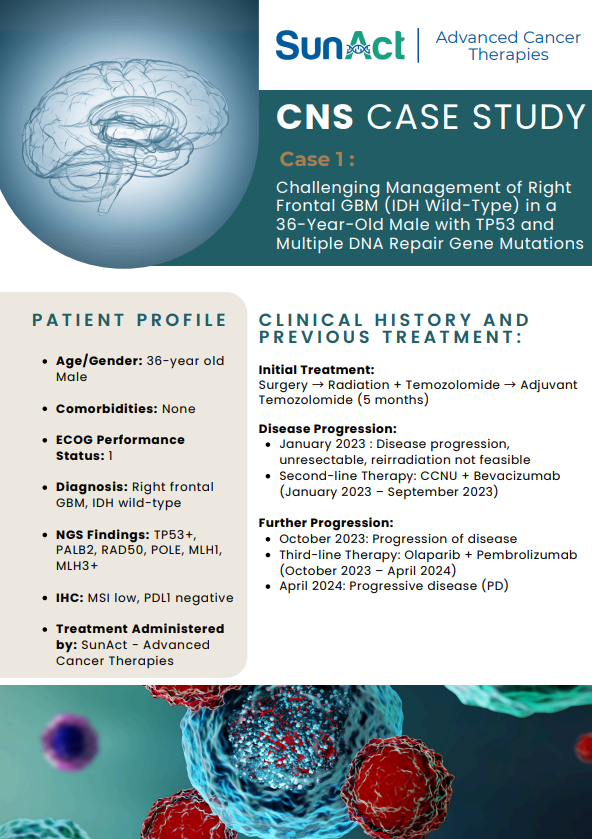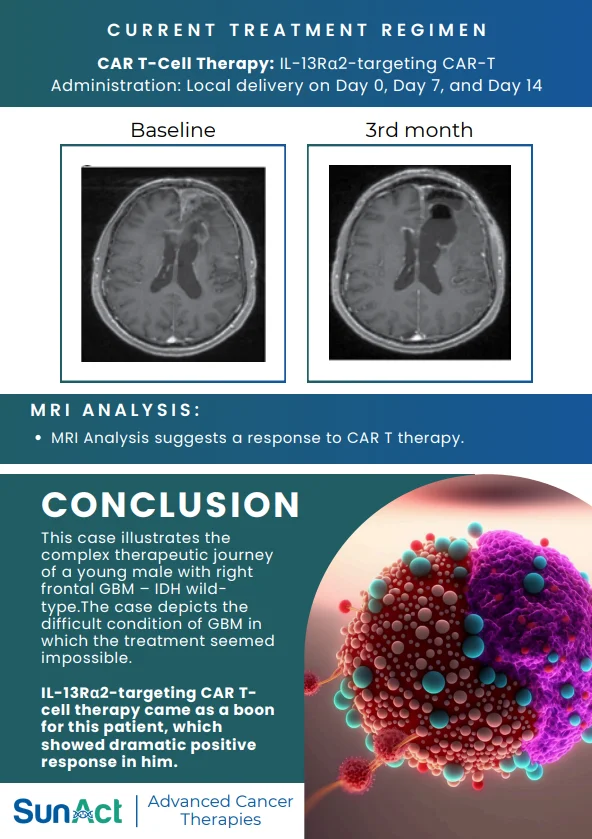
Dr. Ashay Karpe, MD, DM, DNB, is a hemato-oncologist with 23 years of experience in cancer care, focusing on hematological malignancies, cellular therapies, and stem cell transplantation. His research has appeared in journals such as the Journal of Global Oncology, South Asian Journal of Cancer, Journal of Clinical Oncology, and eCancer Journal.
He completed his MBBS from KEM Hospital, Mumbai in 2002, followed by an MD in General Medicine from Government Medical College and Hospital, Aurangabad in 2007. He pursued a Fellowship in Clinical Hematology at Tata Medical Centre, Kolkata in 2012, earned a DM and DNB in Medical Oncology from Tata Memorial Hospital, Mumbai in 2016, graduating with a Gold Medal for excellence.
Dr. Karpe continues his practice in hemato-oncology, caring for patients with complex hematological cancers.
He completed his MBBS from KEM Hospital, Mumbai in 2002, followed by an MD in General Medicine from Government Medical College and Hospital, Aurangabad in 2007. He pursued a Fellowship in Clinical Hematology at Tata Medical Centre, Kolkata in 2012, earned a DM and DNB in Medical Oncology from Tata Memorial Hospital, Mumbai in 2016, graduating with a Gold Medal for excellence.
Homi Bhabha National Institute Award – Best Medical Student
Golden AIM Award – Excellence & Leadership in Healthcare (Medical & Haemato-Oncology)
Share your details below, and we’ll reach out to you without delay.
Disclaimer : We will be using this information for calling purposes only.
